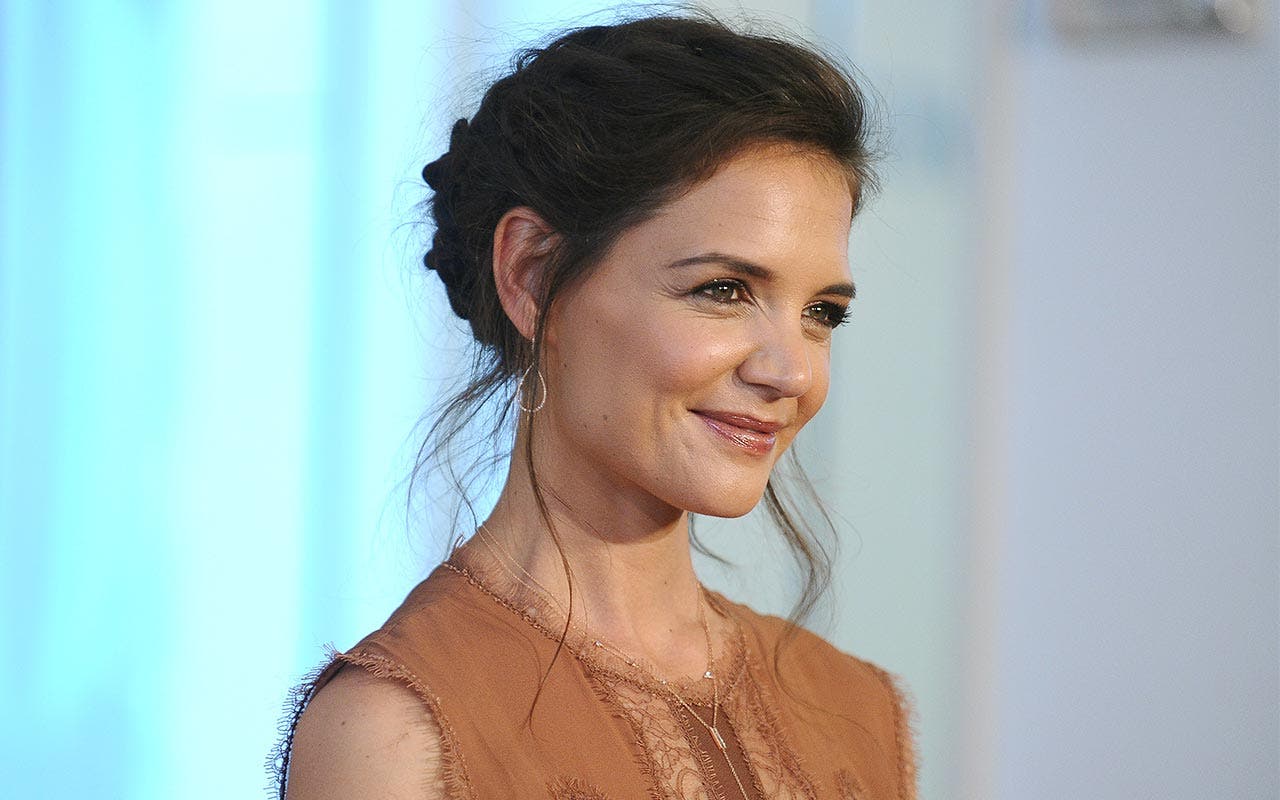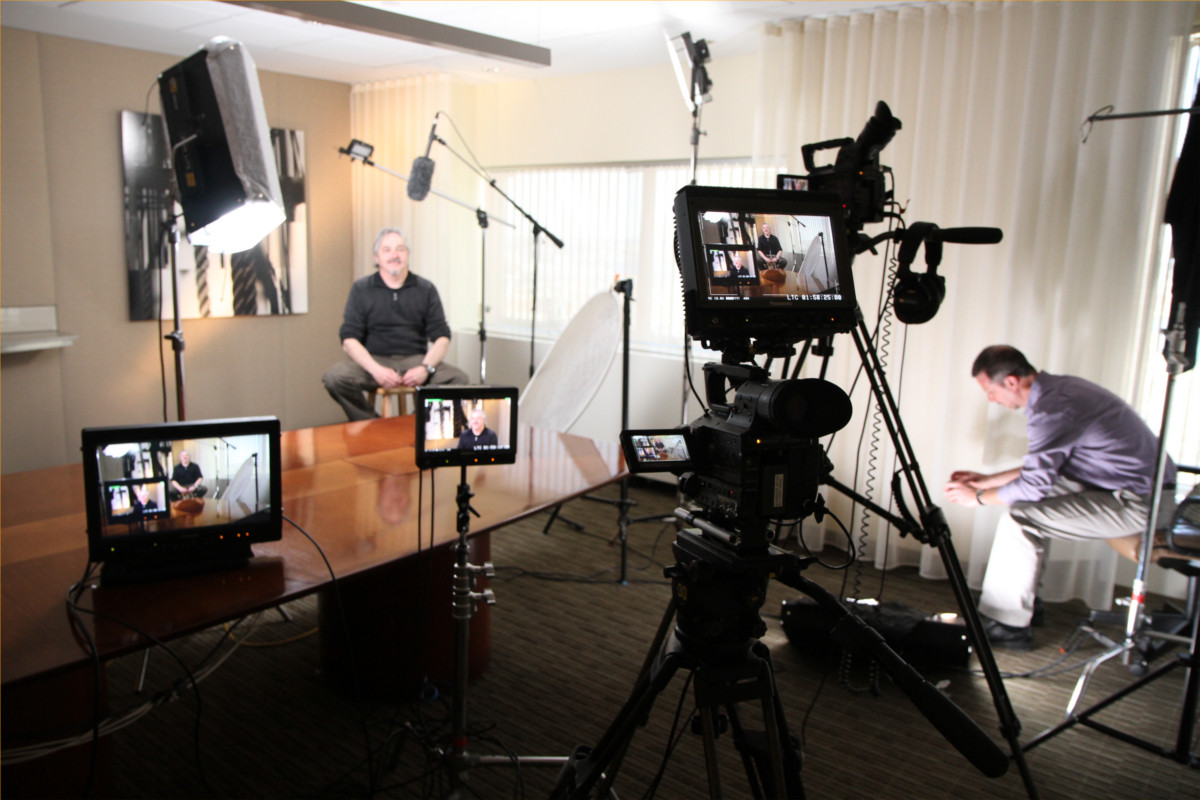Codes
and Conventions
Legal Issues:
Libel
In definition Libel is 'a published false statement that is damaging to a person's reputation; a written defamation'.
In the context of the production of a corporate video Libel must be considered as we don't want to represent anyone within the film in a bad light, working alongside MESH who set up the Cutting Hedge project (to counteract the local councils action to remove people from their homes if their gardens weren't up to standard). We cannot shine the Council in a bad light as firstly that is not the purpose of the video and secondly we haven't necessarily got the appropriate information needed to create those allegations.
In definition Libel is 'a published false statement that is damaging to a person's reputation; a written defamation'.
In the context of the production of a corporate video Libel must be considered as we don't want to represent anyone within the film in a bad light, working alongside MESH who set up the Cutting Hedge project (to counteract the local councils action to remove people from their homes if their gardens weren't up to standard). We cannot shine the Council in a bad light as firstly that is not the purpose of the video and secondly we haven't necessarily got the appropriate information needed to create those allegations.
Copyright
In definition copyright is, 'the exclusive and assignable legal right, given to the originator for a fixed number of years, to print, publish, perform, film, or record literary, artistic, or musical material'. It is essentially a rule that allows the Author/Producer of a piece of work the legal rights that they need to oversee and protect their own work, it means they can make sure it doesn't end up in the wrong hands. Songs and Music are often the most recognisable use of copyright as it creates a lot of issues for independent video creators. If somebody uses the song you've spent time and effort creating without paying for the rights they can thus get into trouble if you're covered by the copyright law. A majority of created work however is subjected to copyright as soon as it is published.
The current copyright legislation in use is the 'Copyright, Designs and Patents Act 1988' this has a selection of different regulations for different work forms. In terms of poetry a poet's work will be protected for 70 years after the poet's death. In one specific case the production company '20th Century Fox' sued another production company 'Universal Studios' for stealing ideas and motifs from 'Star Wars' to be used in 'Battlestar Galactica' as it was originally named 'Star Worlds' that featured a character called Skyla which to many would be linked to the iconic Luke Skywalker.
When placing music into our corporate video we must make sure that it is royalty free as we wouldn't want to be striked for copyright issues as that may shine our commissioners in a bad light, if we used any other music we would have to buy the rights for it before using it as otherwise we could get into trouble once the video was published.
In definition copyright is, 'the exclusive and assignable legal right, given to the originator for a fixed number of years, to print, publish, perform, film, or record literary, artistic, or musical material'. It is essentially a rule that allows the Author/Producer of a piece of work the legal rights that they need to oversee and protect their own work, it means they can make sure it doesn't end up in the wrong hands. Songs and Music are often the most recognisable use of copyright as it creates a lot of issues for independent video creators. If somebody uses the song you've spent time and effort creating without paying for the rights they can thus get into trouble if you're covered by the copyright law. A majority of created work however is subjected to copyright as soon as it is published.
The current copyright legislation in use is the 'Copyright, Designs and Patents Act 1988' this has a selection of different regulations for different work forms. In terms of poetry a poet's work will be protected for 70 years after the poet's death. In one specific case the production company '20th Century Fox' sued another production company 'Universal Studios' for stealing ideas and motifs from 'Star Wars' to be used in 'Battlestar Galactica' as it was originally named 'Star Worlds' that featured a character called Skyla which to many would be linked to the iconic Luke Skywalker.
When placing music into our corporate video we must make sure that it is royalty free as we wouldn't want to be striked for copyright issues as that may shine our commissioners in a bad light, if we used any other music we would have to buy the rights for it before using it as otherwise we could get into trouble once the video was published.
The current legislation relating to race relations,
disability and discrimination on the grounds of protected characteristics is
the Equality Act of 2010, this legislation is a mixture of three other laws
that all individually help to stop misuse of protected characteristics, these
laws are:
- Sex
Discrimination Act 1975
- Race
Relations Act 1976
- Disability
Discrimination Act 1995
These acts all together solidify a way that media creators
are allowed to represent anyone being used here are some examples:
Katie Holmes got $50 million in 2011 for settling a lawsuit
against gossip from the media. It was against allegations that represented her
as a ‘drug addict’. To apologize the magazine also published an article to say
sorry and they also donated money to one of her favourite charities.

Donald Trump was cut by the Miss Universe campaign after
comments about ‘rapists’ and remarks about ‘Mexicans’ although due to it being
a breach of a defamation agreement Trump was rewarded $500 million.

Within a corporate video people have to be correctly
represented so these laws make sure that everyone is shown to be equal.
Obscenity
In definition Obscenity 'is the state or quality of being obscene'. The act of being obscene the portrayal or description of sexual matters that are offensive or disgusting by accepted standards of morality and decency. The act that relates to obscenity is the Obscene Publications Act (1857) and it governs what is allowed to be published within the UK and Wales. This act not only outlawed obscene publications but allowed police and other authoritative figures to search premises on which obscene publications were kept for later sale or distribution. This act also gave post offices and customs authorities the right to seize mailings or shipments containing such materials so that they could prosecute their senders and provided for the destruction of obscene publications.
In definition Obscenity 'is the state or quality of being obscene'. The act of being obscene the portrayal or description of sexual matters that are offensive or disgusting by accepted standards of morality and decency. The act that relates to obscenity is the Obscene Publications Act (1857) and it governs what is allowed to be published within the UK and Wales. This act not only outlawed obscene publications but allowed police and other authoritative figures to search premises on which obscene publications were kept for later sale or distribution. This act also gave post offices and customs authorities the right to seize mailings or shipments containing such materials so that they could prosecute their senders and provided for the destruction of obscene publications.
The British Board of Film Classification is a
non-governmental organisation that classify films and any other publications
onto DVD and give them a rating that gives advice about hat audiences they’re
suitable for, they have a variety of different ratings.
U – suitable for all viewers.
PG – Parental Guidance is advised
12 – Suitable for viewers over the age of 12
15 – Suitable for viewers over the age of 15
18 – Suitable for viewers over the age of 18

Ofcom are another organisation that regulate what is seen by audiences and what isn’t Ofcom are more focused around televised publications, they have codes in place to make sure advertisements and television shows are all suitable for the audiences watching at certain times. There are regulations that stop certain types of content from being seen by children, the watershed was put in place to make sure that content created for more mature audiences is only showed after 9pm, for example ITV’s ‘I’m a Celebrity Get Me Out of Here’ has graphic content of people eating animals, it also has areas of which the participants will swear so it is not televised before this time.
With corporate videos you still get regulated, training
videos if published and put onto DVDs still must be rated to make sure that
they’re suitable for certain audiences, any televised corporate video will be
regulated by companies such as Ofcom, online it is far more different. Video
providers such as YouTube, Facebook and Instagram all have their own rules and
guidelines that ensure any content seen by users is within certain restrictions,
explicit content is usually removed quickly to ensure that it isn’t spread
around as that is not what people want to see when looking through their pages.
Ethical Issues:
As Students we must consider representation in the regards to
the representation of people, places and events because everyone wants to be
represented in one way or another, when speaking to Antonio Akeel at the
Norwich Film Festival we learnt that sometimes people aren’t represented in
positive ways, in ways that they can relate too so it’s important to represent
people, places and events in a positive manner to ensure that nobody feels
secluded by a certain type of film imagery.

As our society is changing constantly, filmmakers and video
producers have to make sure that nobody is offended or feel any kind of harm
through the videos they’ve been watching, equality is something our modern
society is striving for so when making a piece of video that has to be
considered.
| Author: | BenRay95 |
| Article title: | Legal issues in the media industry |
| Website title: | Slideshare.net |
| URL: | https://www.slideshare.net/BenRay95/legal-issues-in-the-media-industry-13458722 |
| Article title: | Ethical and Legal Constraints in the media |
| Website title: | Valentinemedia |
| URL: | https://lmvalentinemedia.wordpress.com/creative-media-sector/ethical-and-legal-constraints-in-the-media/ |
| Article title: | Defamation |
| Website title: | En.wikipedia.org |
| URL: | https://en.wikipedia.org/wiki/Defamation |
| Article title: | Libel vs. Slander: Different Types of Defamation |
| Website title: | www.nolo.com |
| URL: | https://www.nolo.com/legal-encyclopedia/libel-vs-slander-different-types-defamation.html |
| Article title: | BBC - What is Copyright? - Copyright |
| Website title: | Bbc.co.uk |
| URL: | https://www.bbc.co.uk/copyrightaware/what-is |
| Author | Shané Schutte |
| Article title: | 6 famous copyright cases - Real Business |
| Website title: | 6 famous copyright cases - Real Business : Real Business |
| URL: | https://realbusiness.co.uk/6-famous-copyright-cases |
| Article title: | Equality Act 2010 |
| Website title: | Legislation.gov.uk |
| URL: | https://www.legislation.gov.uk/ukpga/2010/15/contents |
| Author | Jacob Shelton |
| Article title: | Celebrities Who Sued People For Talking About Them |
| Website title: | Ranker |
| URL: | https://www.ranker.com/list/celebrities-who-sued-for-defamation/jacob-shelton |
| Article title: | Obscene Publications Act 1959 |
| Website title: | En.wikipedia.org |
| URL: | https://en.wikipedia.org/wiki/Obscene_Publications_Act_1959 |
| Article title: | British Board of Film Classification | British Board of Film Classification |
| Website title: | Bbfc.co.uk |
| URL: | https://bbfc.co.uk/ |
| Article title: | Home |
| Website title: | Ofcom |
| URL: | https://www.ofcom.org.uk/home |
| Article title: | Norwich Film Festival 2018 | Screenings, Events, Tickets & Discussion |
| Website title: | Norwich Film Festival |
| URL: | https://www.norwichfilmfestival.co.uk/ |
| Article title: | Media ethics |
| Website title: | En.wikipedia.org |
| URL: | https://en.wikipedia.org/wiki/Media_ethics |
Formats/Distribution Methods:
When producing a corporate or promotional video certain types
of equipment are essential, for example you can’t film a corporate video
without a camera or device with a camera in it, you may need audio recording
devices depending on what is being filmed although in certain shoots it’s not
necessary, ‘Apple’s BIG news in 108 seconds’ is an example of not needing mics
as most of the sound is added in the post-production stages. You may require
rigs or equipment to hold the cameras in a fixed place such as tripods that
will keep the camera stable and can be useful to get shots smoothly. You may
also have lighting set ups which can either be attached to cameras or be larger
external lights, for the larger external lights there will need to be a power
source nearby so that needs to be considered, you may also want some reflectors
so that light can be spread and directed at certain area. You will also need
storage devices such as SD cards, USB devices or even online storage providers
such as OneDrive. Software is another essential requirement when producing a
corporate video, you will need some sort of post-production software such as
Adobe Premier Pro to be able to edit the images and put them all together.


There are many ways to distribute a corporate video and as time
progresses there are becoming newer and newer ways to share videos with others.
DVDs are a good way to distribute video as they don’t necessarily require internet
and they can be watched on almost anything with a disc drive, this format would
be most useful for training videos as it means employees and volunteers are
able to take the video with them and use them at home if they’re unable to
access the internet. The most popular platform to share corporate or
promotional videos on is the internet as there are many websites from which you
can share videos to each other. One way of doing so is by sending your Audience
the video through E-mail, it means that the video is sent to everyone that
needs to see it, this isn’t the most effective as the audience must be
individually selected to receive the E-mail. Social Networking Platforms such
as YouTube, Facebook or Instagram are extremely effective when sharing product
launch videos, event coverage and idents/brand logos as they’re a means of
getting videos to everyone and then once viewers have watched the video they
can share it so other viewers can see them too but what it does have to have so
that the videos can be accessed is internet which isn’t something everyone can
get a hold of, although if they can they can access it through almost any
device.
Most corporate videos involve interviews, this means that
there will likely be close shots to someone’s face, it’s likely that the rule
of three will be used meaning the interviewee will be angled at one third of
the camera shot, either to the left or the right, their eyeline facing towards
the empty side. This ensures that we’re supposed to look at the person, around
the person is unfocused and often clear as it keeps the viewers attention to
one area. Most corporate videos aren’t necessarily abstract, so they’d likely
have basic lighting and its purpose is to make sure the viewers can see what
they’re looking at. As they’re likely to be published online or onto a DVD
there is no need for extremely high-resolution videos, 720p-1080p are probably
the best resolutions to use as they can be used on most devices that can access
the internet, this is the same for DVDs.
Pre-production is another essential factor when producing a
corporate video, here are the actual forms of pre-production that will be useful
for production of the corporate video:
- Risk Assessments – when working with clients you need to make sure that every risk is assessed to prevent it from happening during production.
- Location Recces/Releases – To ensure the shooting locations are usable and have all the permissions required to be used.
- Production Schedule – Something that can be negotiated with the client, makes sure everything is planned and there are set times to do each part of the project.
- Shot Lists/Story-boarding – To plan what shots will be taken so that when shooting there is a structure to the filming process.
- Talent Releases – To make sure anyone being filmed as provided consent to be filmed, if they do not sign this document, they haven’t given consent to be filmed.
- Scripts – So that people know specifically what information they need to say.
When making our video for MESH we
used all of these, as we were all in small groups, we all produced pre-production
documents for our small sections, in our group we needed questions to ask our
interviewee, questions that would provide the most information about MESH and
their experience volunteering for them.
As well as Pre-production, corporate
videos will also need some sort of research to back them up, we needed to have
a look at the council regulations and some background behind the MESH project
so that we knew who we were making a corporate video for. We were provided with
a story board which was beneficial in helping us find out the story behind the
organisation and where they planned to go in the future.
| Article title: | Microsoft OneDrive |
| Website title: | Onedrive.live.com |
| URL: | https://onedrive.live.com/about/en-gb/# |
| Article title: | Digital distribution |
| Website title: | En.wikipedia.org |
| URL: | https://en.wikipedia.org/wiki/Digital_distribution |


Comments
Post a Comment